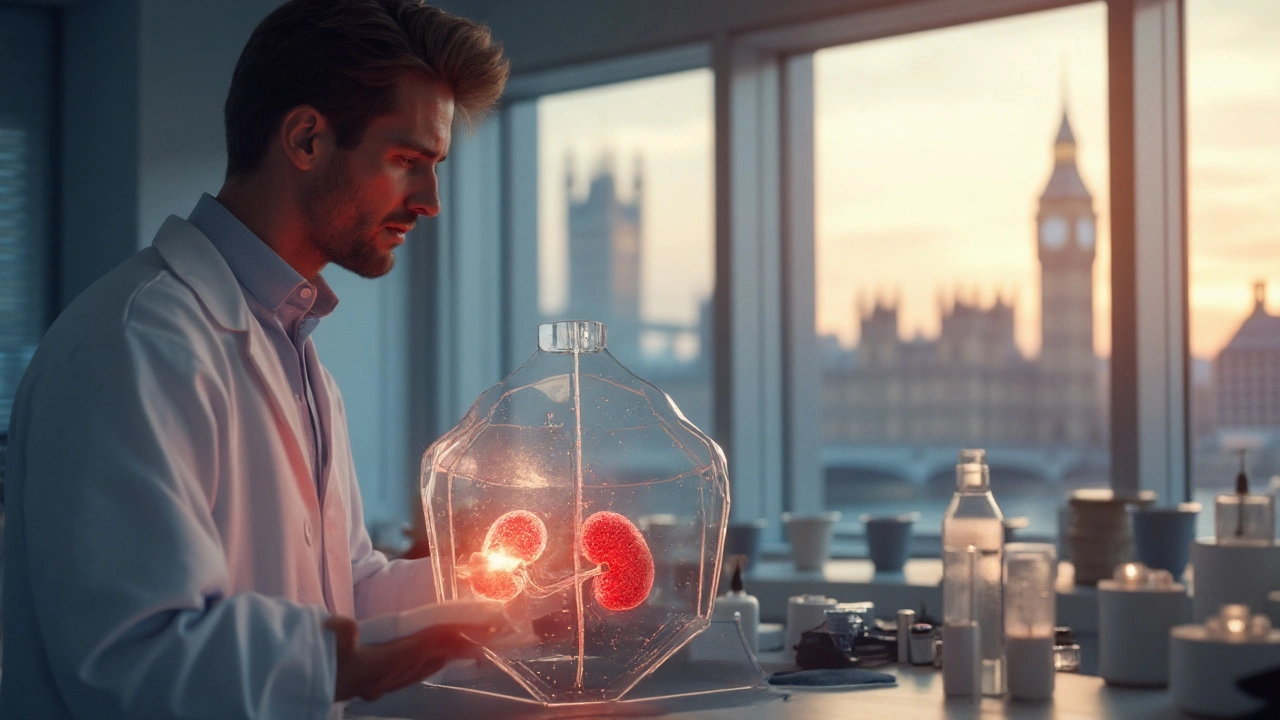Expert Opinion on Energy Drinks: What the Pros Say
If you’ve ever grabbed a can of Red Bull or a sugar‑laden shot and wondered if you’re doing yourself a favor, you’re not alone. Professionals in nutrition, sports medicine, and toxicology weigh in daily, and their takeaways can save you from headaches, restless nights, or even serious health issues. Below is a quick guide to the most common expert viewpoints you’ll find on Spam Energy.
Health Risks That Matter
Doctors repeatedly point out that the caffeine spike from most energy drinks can stress the heart, especially if you’re already prone to palpitations. A cardiologist explains that a 250 ml can often contains as much caffeine as three cups of coffee, which can raise heart rate and blood pressure within minutes. For people with kidney concerns, the high sugar load and added acids may increase the risk of kidney stones, a fact highlighted in recent renal studies.
Nutritionists also flag the hidden additives—taurine, guarana, and B‑vitamin clusters—that aren’t fully understood in large doses. While they aren’t outright dangerous, they can amplify caffeine’s effect or cause digestive upset. The consensus is simple: moderation is key, and you should never mix energy drinks with alcohol or intense workouts without a break.
When Energy Drinks Actually Help
Sports scientists admit that a well‑timed, low‑sugar energy drink can boost alertness and reaction time during a short, high‑intensity session. The trick is to choose drinks with a balanced caffeine-to-carbohydrate ratio—about 80 mg of caffeine per 200 ml serving—and limit intake to under 400 mg per day, the amount most health agencies deem safe for adults.
Psychologists note that the psychological “boost” from a familiar brand can improve focus, even if the physiological effect is modest. This placebo element can be useful for students pulling late‑night study sessions, as long as it doesn’t replace sleep.
So, what should you do with all this expert chatter? Start by checking the label. Look for total caffeine, added sugars, and any proprietary blends. If the caffeine exceeds 100 mg per 250 ml, treat it like a strong coffee—sip slowly, hydrate, and avoid it late in the day.
Another practical tip: pair your drink with protein or healthy fats. That slows caffeine absorption, steadies blood sugar, and reduces the jittery crash many users report. A handful of nuts, a Greek‑yogurt cup, or a slice of avocado toast works wonders.
Finally, keep track of how you feel. If you notice heart racing, insomnia, or stomach upset after a can, it’s a clear sign to cut back. Many experts recommend a “drink‑free” day each week to reset tolerance and give your kidneys a breather.
In short, expert opinion isn’t a one‑size‑fits‑all verdict—it’s a toolbox. Use the health‑risk warnings to stay safe, grab the performance tips when you need a spike, and always listen to your body. That’s the smartest way to enjoy energy drinks without the downside.
A science‑backed look at detox claims, how the body actually clears toxins, and what health professionals recommend for safe, effective cleansing.

